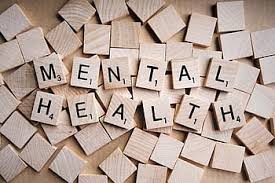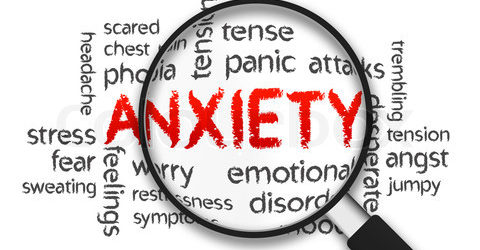What is Binge Eating Disorder?

Carrying on from my previous blog posts that discuss eating disorders in general, anorexia, and bulimia, this one will look at what binge eating disorder is. Binge eating is the second most common eating disorder, and this blog post will look at what it is, what the signs and symptoms that someone has it are, and the treatments that can be given for it. Binge eating disorder can affect anyone of any gender, age, or background, but it commonly starts when a person is in their late teenage years or their early 20s, and is more common in adults than in younger people. It can also develop into or from another eating disorder.
Binge eating disorder (also known as BED) is a serious mental illness where a person regularly experiences a loss of control and eats large quantities of food all in one go (bingeing). This happens until the person feels uncomfortably full, and they then usually feel guilty or upset for doing so. Binge eating is not about overindulging on food, or choosing to eat more food than normal, the binges are actually very destressing for the person, with them potentially feeling disconnected from what they are doing, struggling to remember what they have eaten after the binge, and feeling unable to stop bingeing even if they wanted to. The binges may be planned in advance, with the person buying particular food to binge on, or they may be spontaneous.
As well as what is listed above, other symptoms of BED can include regularly eating in the following ways; eating when a person is not hungry, eating very fast during a binge, eating secretly or alone, and experiencing feelings of shame, disgust, and depression afterwards. A person who has BED may also eat regular meals outside of the binges, and could restrict their diet or put in certain rules, which results in binge eating due to feelings of deprivation or hunger.
Unlike with people who have bulimia, after binge eating, the person does not regularly use purging as a method of getting rid of what they have just eaten. The signs that someone has BED can include hoarding food, eating when they are not hungry, buying a big amount of food, eating rapidly, and being socially withdrawn, isolated, moody, or irritable. The physical impact BED can have on a person includes them gaining weight, experiencing stomach problems, being tired and having difficulty sleeping, and having poor skin. This list is not exhaustive, and further symptoms and signs can be found in the references section. In the most serious of cases, BED can be fatal if it is not treated in time, but many of the effects can be prevented from getting any worse, or be reversed. Long term effects can include high blood pressure, obesity, heart disease, sleep apnoea, infertility, type 2 diabetes, and arthritis, among others.
BED can be treated and a full recovery is possible. After seeing a GP who can make a referral to an eating disorder specialist, treatments can include medication, Cognitive Behavioural Therapy (CBT), and guided self-help. In lots of cases, a person with BED works through a self-help book alongside sessions with a healthcare professional. Among other things, the self-help books can help the person monitor what they are eating, learn about what triggers them to binge, identify the underlying causes of it, and find other ways of coping with their feelings.
People who have binge eating disorder should not be confused with people who are obese are overweight; these are not eating disorders, but some people can become overweight because of emotional difficulties, and the relationship between a person’s size, their weight, and their health is very complex. However, different things can trigger someone to binge eat, and it is usually when a person experiences negative emotions such as being sad, lonely, or angry, or when they feel uncomfortable. Help and support information for people who may have, or have been diagnosed with BED can be found in the references section below.
Sarah Keeping MBPsS MSc PgDip GDip BA (Hons) Cert HE
Follow Sarah on twitter at @keepingapproach, facebook at @keepingapproach, and on instagram at @thekeepingapproach
Follow E-therapy on social media:
Facebook – @Etherapy
Instagram – @EtherapyToday
Twitter – @EtherapyToday
References
https://www.nhs.uk/conditions/eating-disorders/
https://www.beateatingdisorders.org.uk/types/binge-eating-disorder
https://www.nhs.uk/conditions/binge-eating/
https://www.nhs.uk/conditions/binge-eating/treatment/
https://www.beateatingdisorders.org.uk/support-services/helplines



